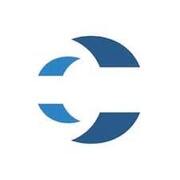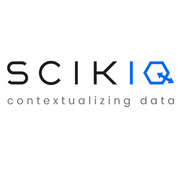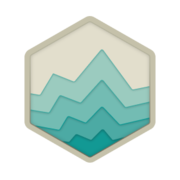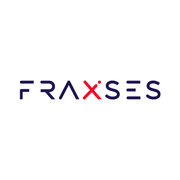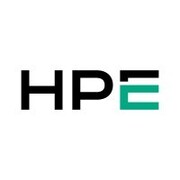
Best Data Fabric Software 2026
What is Data Fabric Software? Data fabrics are applications that connect application data to data from other applications with a network-based design. Businesses using data fabric software can access all data from the network and can combine data from different applications without having to worry about custom integrations between applications. For businesses with many sources of business data, data fabric software is easier to implement and performs data processes faster than other data ...
We’ve collected videos, features, and capabilities below. Take me there.
All Products
Learn More about Data Fabric Software
What is Data Fabric Software?
Data fabrics are applications that connect application data to data from other applications with a network-based design. Businesses using data fabric software can access all data from the network and can combine data from different applications without having to worry about custom integrations between applications. For businesses with many sources of business data, data fabric software is easier to implement and performs data processes faster than other data management systems by eliminating data redundancy.
In addition to allowing for fast and efficient data processes, the flexibility of data fabric networks makes data silos less likely and allows for administrators to easily manage business data. The ability to connect, manage, and analyze large amounts of business data helps organizations to transform data and generate useful business insights.
Features & Capabilities
Specific features for each data fabric software can vary, but below are some of the most common features offered by many data fabric software options.
- Data networking and connecting
- Data collaboration
- Data analytics
- Persistent data management
- No data redundancy
- Data access management
Pricing
Pricing for data fabric software varies largely depending on the product. While all data fabric software offers data networking, advanced analytics and privacy features can increase costs further. Additionally, most vendors do not provide detailed pricing information publicly, but interested buyers can reach out to vendors for a detailed quote.
Data Fabric FAQs
What are the benefits of data fabrics network-design for data integration?
The purpose of data fabric technology is to connect real-time data from any source within an organization, including apps, data stores, and operational systems into a single, manageable platform hosted either in the cloud, on premise, or within hybrid environments.
While many data fabrics achieve this objective via traditional approaches to data integration such as point-to-point APIs and ETL technology, the latest data fabric designs offer networked-based architectures. This data-as-a-network approach enables organizations to use0 data fabric software to build links between their datasets rather than transferring copies between their applications and data stores.
By eliminating copies as a method for data integration, a network-based design maintains a single set of organizational data and this simplifies the management of access controls, metadata, and data governance while the linking capability eliminates much of the cost and delay associated with API/ETL-based integrations.
What are the best data fabric software options?
There are many data fabric software choices, but some of the industry leaders include:
How does data fabric software differ from data virtualization tools?
What businesses can benefit from data fabric software?
At one end of the spectrum, data fabric software is ideal for large complex businesses and public sector agencies that need to integrate thousands of fragmented data sources. These organizations will appreciate being able to easily connect their data sources in real-time for operational use as well as granting controlled access to operational data to their business users and trusted partners, rather than a virtualized copy (aka data democratization)
The primary use cases for Data Fabric technology include data mastering, automated data governance, data protection, data privacy, advanced and self-serve data analytics, digital twins, AI/ML modelling, and custom application builds.
At the other end of the spectrum, data fabric technology is being increasingly adopted by SMEs and startups seeking to simplify their data management infrastructure, eliminate data integration costs, and deploy new solutions at a much accelerated pace.





